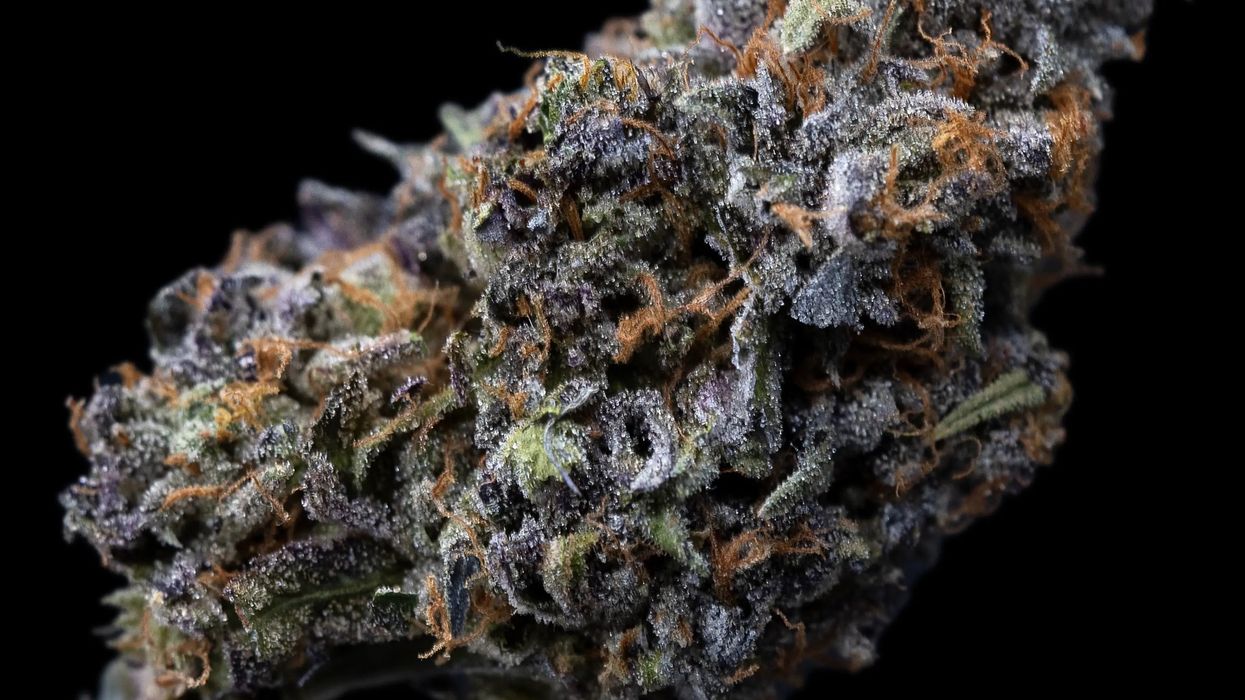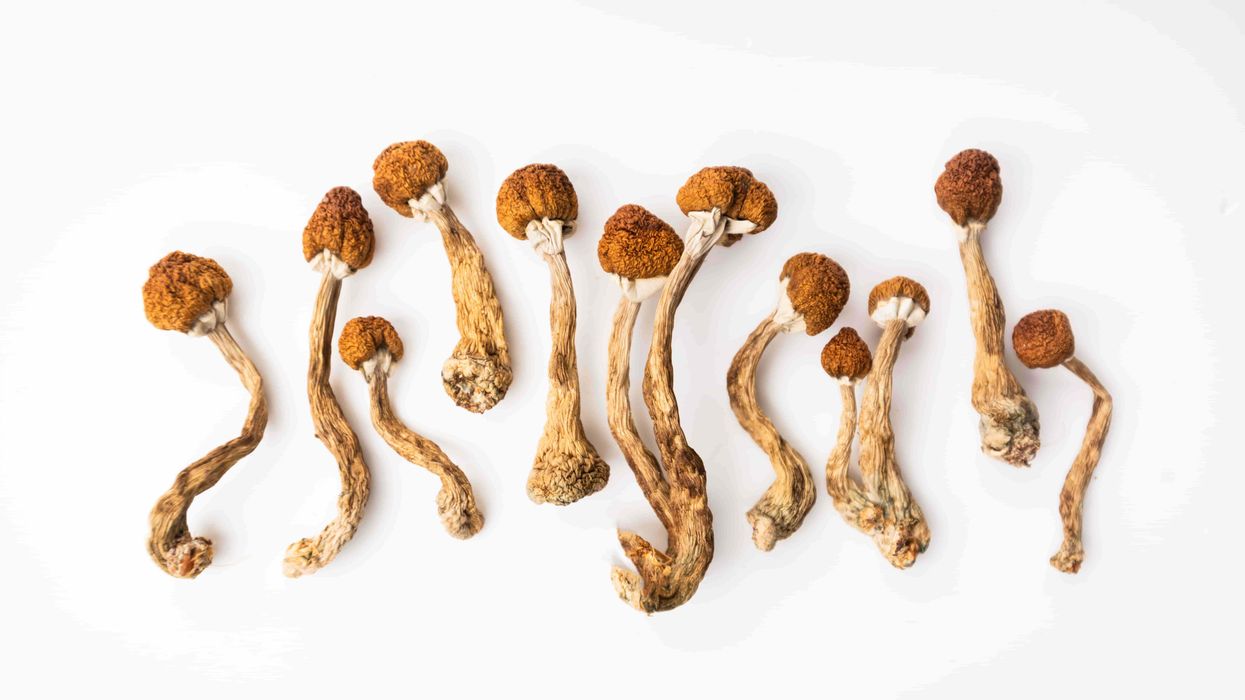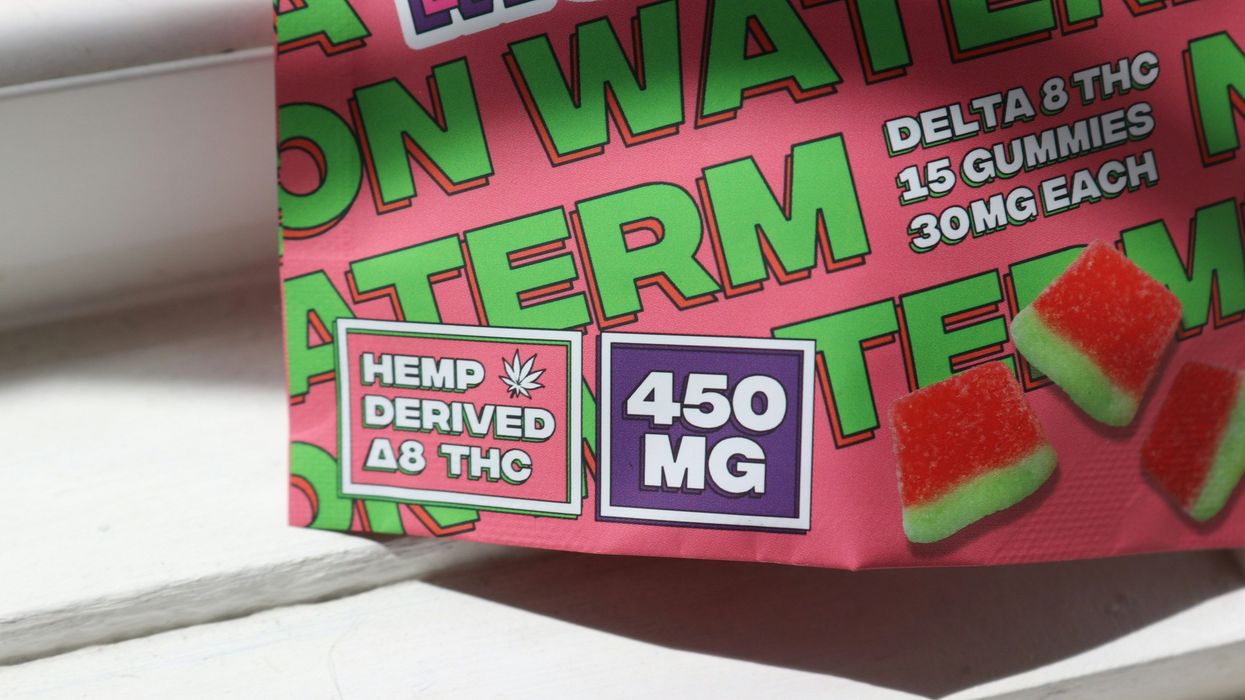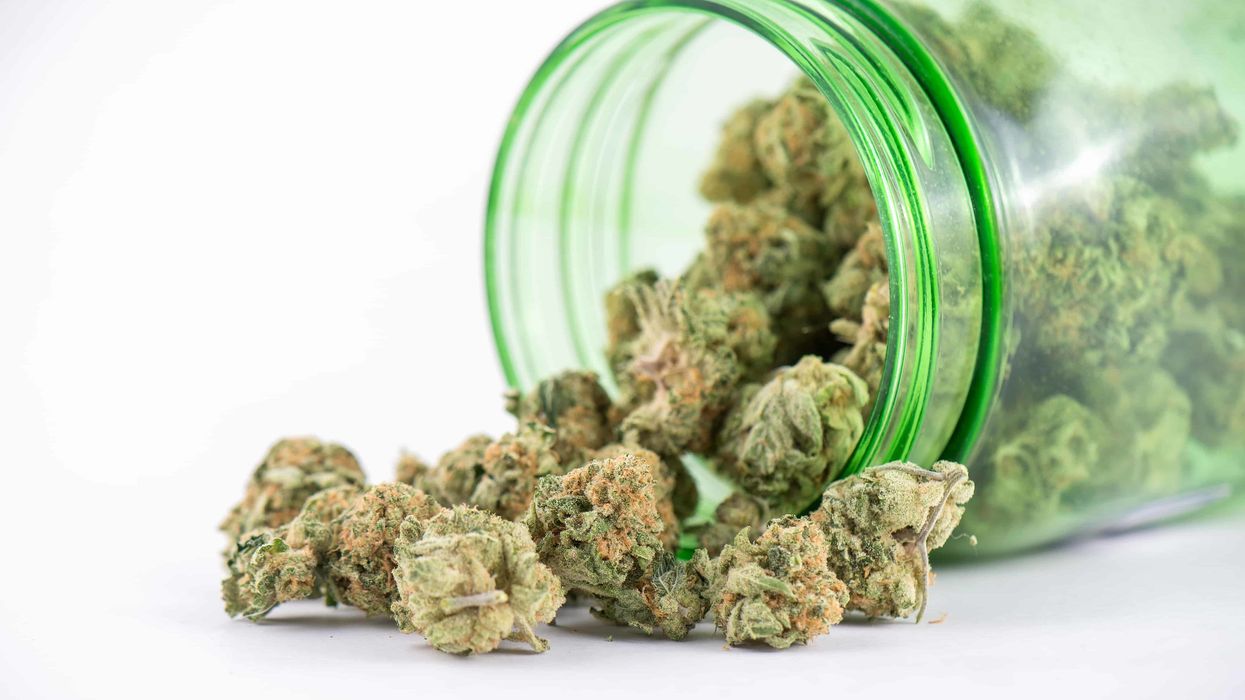Love it or hate it, recent cannabis industry predictions continue to point toward the concept of Big Cannabis. As the market continues to grow, a tight circle of trusted brands will rise to the top of the industry and dominate.
Think the Marlboros and Newports of the cigarette industry and the Bud Lights and Coronas of beer – and then make it greener and full of cannabinoids.
This is the most agreed-upon trend for cannabis maturation and establishment, and brands have already been responding accordingly.
This race-to-the-top prediction informs and explains the rest of the industry trends we saw dominate the tail-end of 2022, and as we venture into 2023, The Bluntness is identifying ample opportunities for dispensaries and brands to newly connect with consumers as the market expands and innovates even further.
7 Expert Industry Trend Predictions for 2023
After conducting careful research and speaking to cannabis experts on the matter, we’ve highlighted seven of the most notable developing trends the cannabis world is witnessing and predicting – from price compression and shifted product popularity to an increase in medical research and overall consumer understanding of the plant.
Here are seven major themes that both intersect with this brand loyalty war as well as define how the cannabis industry does things throughout 2023 and beyond:
1. Authentic, Targeted Branding
For brands looking to rise to the top of the industry, one of the key factors is brand differentiation: something that sets you apart from the growing, likening herd.
The cannabis market is oversaturated, and a tired number of brands with pot-leaf-centric logos, the vague promise of wellness, and names that work in the words “kush” or “leaf” have played a significant role in watering down the plant’s power.
Cannabis consumers come from all backgrounds and walks of life, a factor that requires brands to go beyond the basics – especially those that have a relatable identity, are clearly reaching out to a specific type of consumer, or are making an effort to establish inclusivity, diversity, and social equity within the space.
At the same time, non-consumers who are curious or just getting started with cannabis are working off of totally different reference points and knowledge gaps, making it even more important to deliver them with a brand that they can identify with and feel good about staying loyal to as they explore various plant products.
“Something I noticed at MJBizCon was the non-diversity. As the industry has evolved, it feels like we've gone backwards and executive positions are filled predominantly by white, straight men. As I attended events, I was really turned off by the frat brother-like crowds and the lack of minorities, LGBTQIA individuals and females,” said co-founder of The Artist Tree Lauren Fontein.
“It felt like corporate America had taken over and squashed out much of the creativity, diversity and acceptance that have driven the industry in the past. As a business owner, I strive in our stores to celebrate the uniqueness of each person that walks through the door and I hope the cannabis industry as a whole can find a way to more authentically reflect its roots.”
For Fontein, running a successful cannabusiness is all about honoring the industry’s origins, along with adding value to the market in a real, tangible way.
“The Artist Tree offers unique and memorable experiences and thoughtful services that make customers feel valued. We want our spaces to feel like a second home and an extension of the local community through our installation of local artwork and our commitment to cultivate a diverse and inclusive culture.”
2. The Rise of Budget Brands
Fontein also believes buyers will begin turning away from higher-end brands, instead opting for lower costs and giving newer, more affordable brands a shot.
“In our stores, we’ve seen customers transition from high-end, established brands to budget brands, and some of our best sellers are our lowest cost flower SKUs,” Fontein said.
“We expect low-cost items to continue to perform well and for vendors to become even more competitive than they are now with pricing and discounts.”
One of the biggest issues we’ve consistently seen since the market began its transition from legacy to legal is the white-collar gate-keeping of the industry: a.k.a., people with little-to-no cannabis experience dominating the market and forcing high prices upon the consumer with no real credibility to justify the demand.
It seems the jig is finally up. Consumers are realizing that a high price doesn’t define a product’s quality, and brands with more experience – who also tend to be both wiser and craftier with their budgets – will have the chance to shine through the oversaturated market.
3. More Celebrity Brands
"The most effective pioneers of legal cannabis have been celebrities with a history of being public plant advocates throughout their career, like Willie, Snoop, Jerry, and Chong. Over two decades later, there is an incredible opportunity to reinvigorate these legendary brand names as leaders in the weed nation,” said Chapter 2 Agency co-founder Kenneth Loo.
“Their marquee names arrive with an established following, and accompanying cred with Gen-Z is really going to light up dispensaries as new markets establish this year. I would put my money on Snoop Dogg and his enterprising young sons to emerge early in 2023. They recently took possession of Death Row Records with the promise of reinventing it for a new generation that includes cannabis.”
Loo also expects Jay-Z's Monogram and Seth Rogan's House Plant to resurface bigger and better to make a run for the Empire State's affections. He’s also taken note of Berner’s excitement for Cookies’ early expansion into New York, where he sees a lot of promise.
However, that promise will need to be backed up by actual quality product. Many celebrity brands have taken the laziest route possible, essentially riding on the coattails of nothing but “The Name” to sell cannabis.
Just as consumers are expecting brands to have an actual purpose and intent to nurture the industry with their products, celebrity brands are now expected to provide more than A-list name prestige. It’s about time.
4. Cannabis Culture to Flourish
Cannabis culture will also continue to develop throughout 2023, and more opportunities that center around experiential plant education will become available.
One such opportunity is the Bluntness Kitchen, which gives both seasoned consumers and newbies remote access to some of the most talented and versatile cannabis chefs in the world.
In-person experiences (like consumption lounges, private infused dining, or industry tourism) will also have more opportunity to expand – but that will be dependent on the development of allowing state-to-state legislation.
“More consumption lounges will open, but it remains to be seen which consumption lounge business models will be successful,” Fontein said.
“Lounges in California in particular will continue to be hampered by the lack of state-level consumption lounge regulation.”
5. Reinforced Product Trends
Cannabis beverages have reigned supreme in the market recently, and that trend is only going to continue – along with a major demand for the classic pre-roll.
“Flower has always been king, and will continue to be – specifically in the form of pre-rolls,” said Gelato founder George Sadler.
“We've seen this firsthand with Gelato's pre-rolls and our Lolli infused pre-rolls, and I expect they are going to continue to be big items with consumers.”
Meanwhile, infused beverages continue to catch on in a big way – despite mixed reactions among classic cannabis lovers.
6. A Hopeful Boost in Medical Cannabis Research
President and CEO of HVGC Bryan Buckley is optimistic about the idea of more medical cannabis research, as he believes more cannabis legislation is likely to move through Congress this year.
“I don’t think it’s all doom and gloom when people say Republicans are taking the House. One of the best forms of cannabis legislation we have out there right now is from Representative Nancy Mace in South Carolina, known as the States Reform Act,” Buckley said.
“It would remove cannabis from all schedule classifications, allow VA doctors to prescribe the plant, and would decriminalize it on a federal level. It would also essentially ask for a three percent federal tax, which would be very doable for the industry.”
Another industry research win was achieved when President Joe Biden signed the Medical Marijuana and Cannabidiol Research Expansion Act in December 2022, which will alow research universities to acquire cannabis growing and handling licenses for research purposes.
7. Increased B2C Cannabis Education
Many brands are beginning to recognize the average consumer’s desire for increased education, and 22Red’s Executive Vice President Ami Ikemoto expects more people to seek out terpene-driven education over the decades-long trend of following the highest THC count.
“I think the drive of this new trend is coming from both the top and the bottom. As a company, if you’re just plugging high THC percentage, people aren’t really interested anymore. It’s not exciting or new,” Ikemoto said.
“The consumer is ready to know why, and that’s where you get into . Communicating that is all about how you run your campaigns: through social media or packaging, and the ability to elaborate easily on a lot of education. I think another important method is to think about how you represent yourself in stores, and how you educate your ambassador teams. It’s a deeper way to connect with the customer, and have a really robust story about your product.”
Need a little more Bluntness in your life? Subscribe for our newsletter to stay in the loop.







 Justin Timberlake Eye Roll Gif By Agent M Loves Gif - Find & Share on GIPHYAgent M Loves Gifs
Justin Timberlake Eye Roll Gif By Agent M Loves Gif - Find & Share on GIPHYAgent M Loves Gifs








